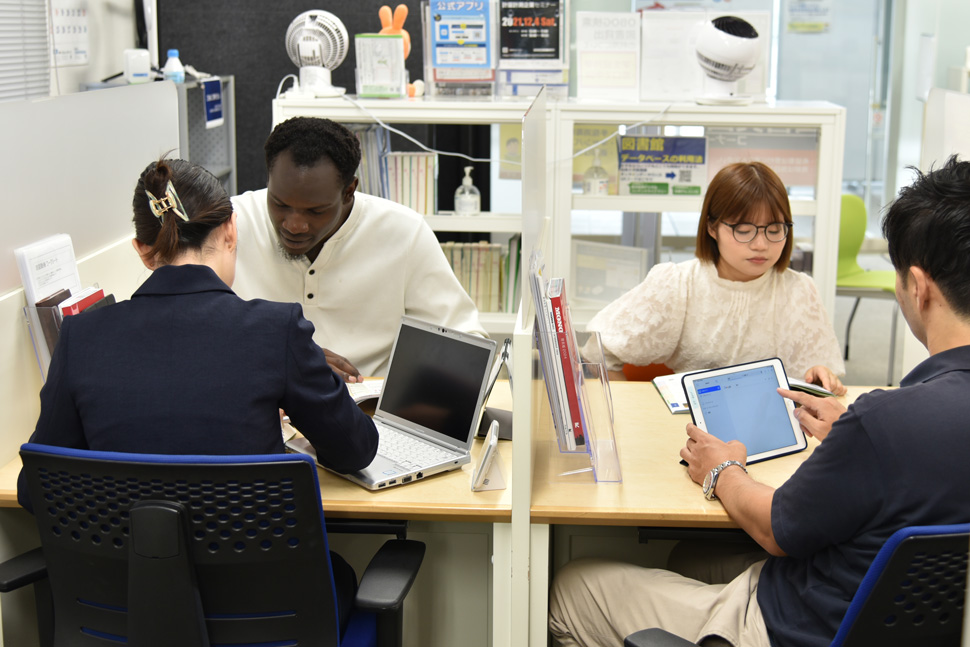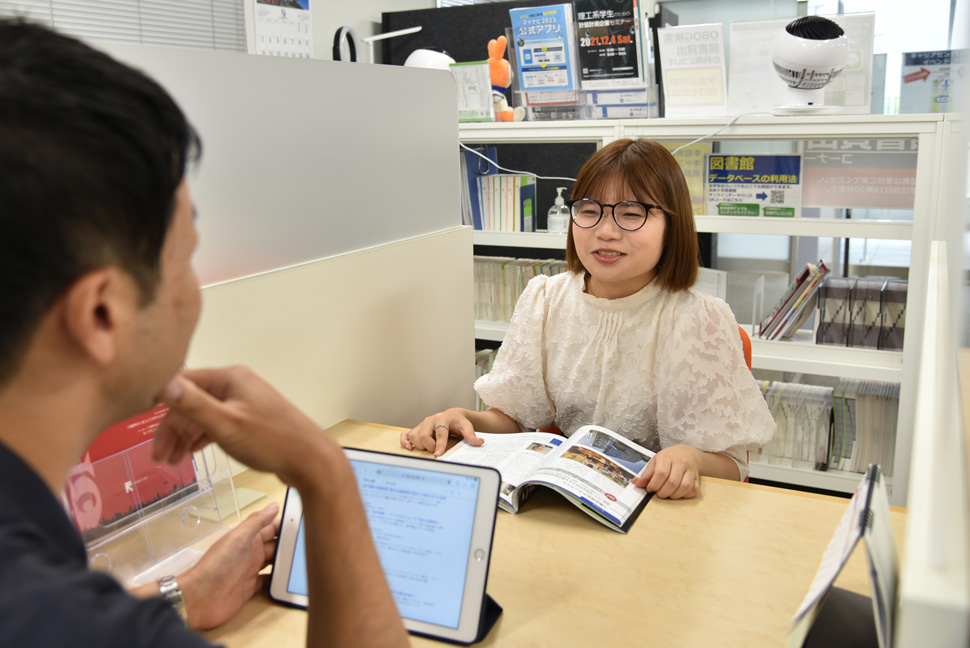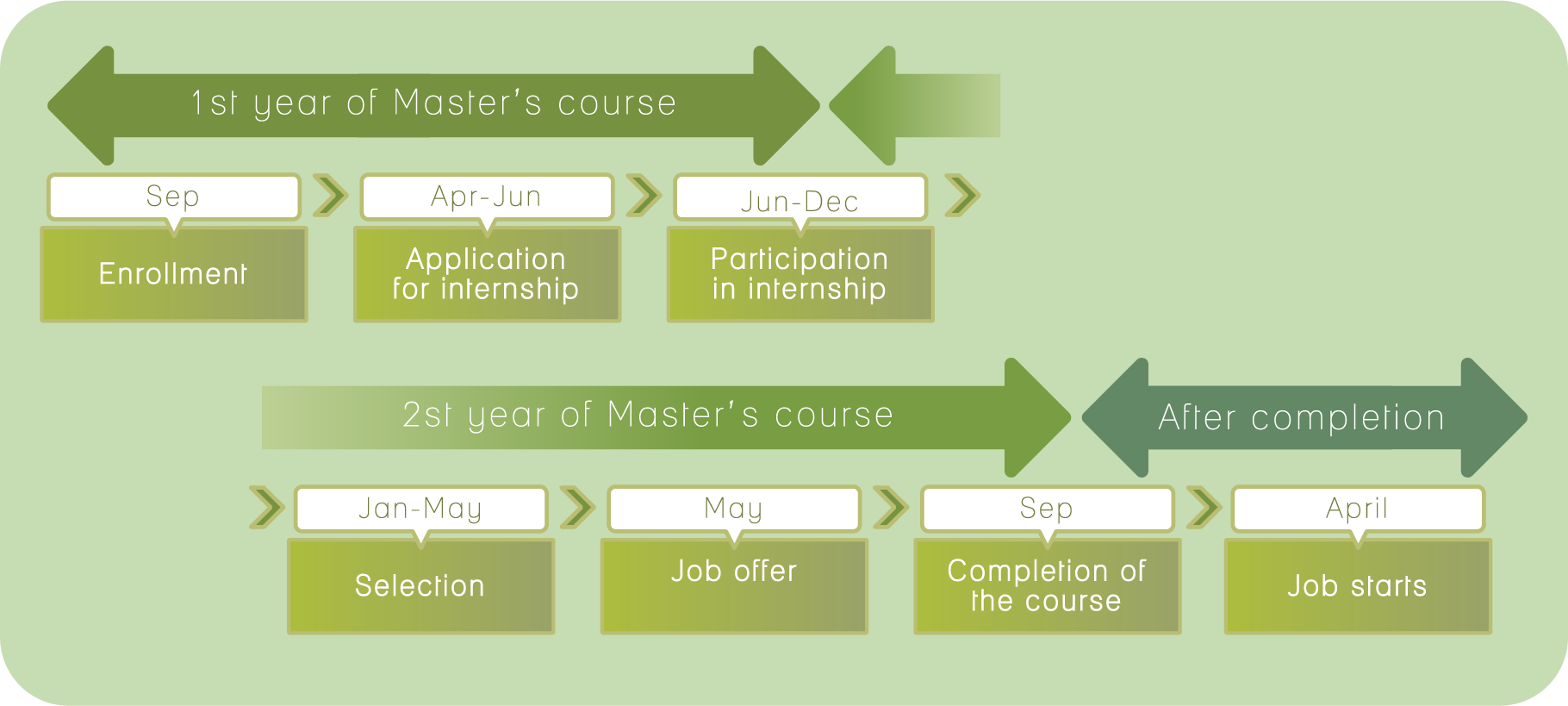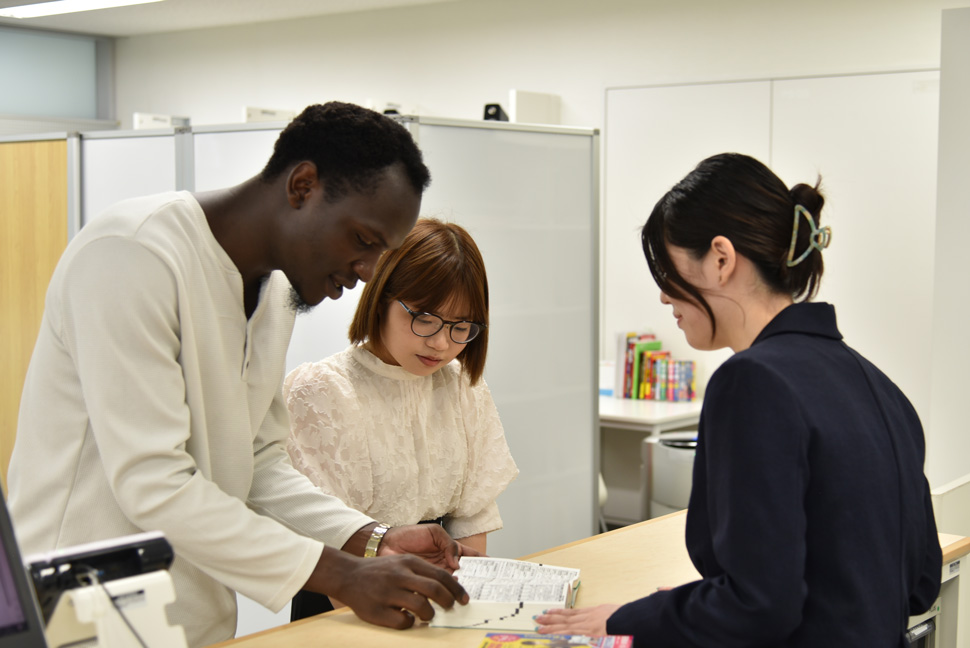
Career




Hosei University is well known for its excellent reputation and is in high demand within Japan. Over 500,000 alumni are very active in various fields around the world, building a strong alumni network. IIST alumni also lead fulfilling lives with a wide variety of choices after completing their studies, finding a job in their home countries or in Japan, or continuing their research in a doctoral course after their master’s degree.
If you want to pursue a PhD at IIST after your master’s degree, you need to take and pass the entrance examination for the doctoral program in the second year of your master’s program. By using the intramural recommendation entrance examination, you can skip the submission of English score from the required submission documents. If you consider to enter the doctoral program, consult with your supervisor as soon as possible.

Refer to the admissions guidelines for previous years.

In order to find a job in Japan, even if the company use English as its formal language, a certain level of Japanese language ability is generally required, and international students who can speak Japanese have a huge advantage in finding a job. At least N2 level Japanese is supposed to be required. Hosei University provides a variety of support and environment to help students to improve their Japanese language skills during their studies.
Japanese language classes are offered as optional. Though the credits of these classes are not included in the requirements for completing the program, no additional fees will be charged to attend the classes. Students can take Japanese language classes during their studies at IIST according to their own Japanese language level.
In order to support the education and research of international students enrolled in graduate schools, mainly senior students act as tutors and provide guidance to junior students not only on research but also other aspects of university life. If the tutors are Japanese students, they can actively communicate in Japanese language. Make the most of it.
All international students enrolled in graduate schools at Hosei University belong to a laboratory and take required seminar courses. There are many opportunities to interact with Japanese students to improve Japanese language skills on a daily basis.
International students can receive necessary guidance, such as manuscript corrections and face-to-face instruction, on the Japanese language expression for assignments and papers.
Hosei University organizes various international exchange events. It is an opportunity to exchange information with Japanese students, to experience Japanese culture, and to improve your Japanese language skills.
The remarkable success of our graduates is also due to our generous support system to help students find employment. And at Hosei University, support in English is also available. It is common that a certain level of Japanese language ability is required to find a job in Japan, and international students who can speak Japanese will have a huge advantage in finding a job. For those who are considering finding a job in Japan, make sure to cultivate a good Japanese language skills as well.

Hosei University has an English-language employment counseling service for English degree students. Students can receive advice in English on job hunting in Japan, mock interviews, and entry sheet preparation. To use this service, contact Graduate Schools Section.
We have several companies that use the school recommendation system. Using this system has the advantage of early selection and a shortened process. Japanese language skill is required to apply. Job applicants should consult with the Graduate schools section as soon as possible.
After enrollment in September, there will be a Career Center Guidance for new students, providing information on rules and manners, schedules, and necessary preparations for job hunting in Japan.

You need to start looking for a job around April, six months after enrollment. If you wish to find a job, try to be active as early as possible. Schedules vary by industry and company. Be sure to check the schedule by yourself.

It is not easy for international students to find a job in Japan. Here are some tips to help you to find a job.
Job hunting should start in the second half of the first year of the master’s program. If you decide to find a job in Japan, you need to start to gather information and proceed with necessary preparations. Be sure to take action as early as possible.
Japanese companies value your understanding of Japanese culture. Experience in interacting with Japanese people will be a weapon in your job hunting activities. Be active in circle activities and part-time jobs.
The laboratory is a treasure trove of information. Once you have decided on employment or further study, be sure to communicate well with your supervisor. He/She will be able to give you the necessary advice to find a job or to continue higher education.
Be active in gathering information for finding a job. “Job Hunting Guide for International Students” supervised by JASSO is one of the good references.
If you wish to find a job in Japan, most companies require a Japanese language proficiency of N2 or higher. You should brush up your Japanese language skills as early stage as possible.
